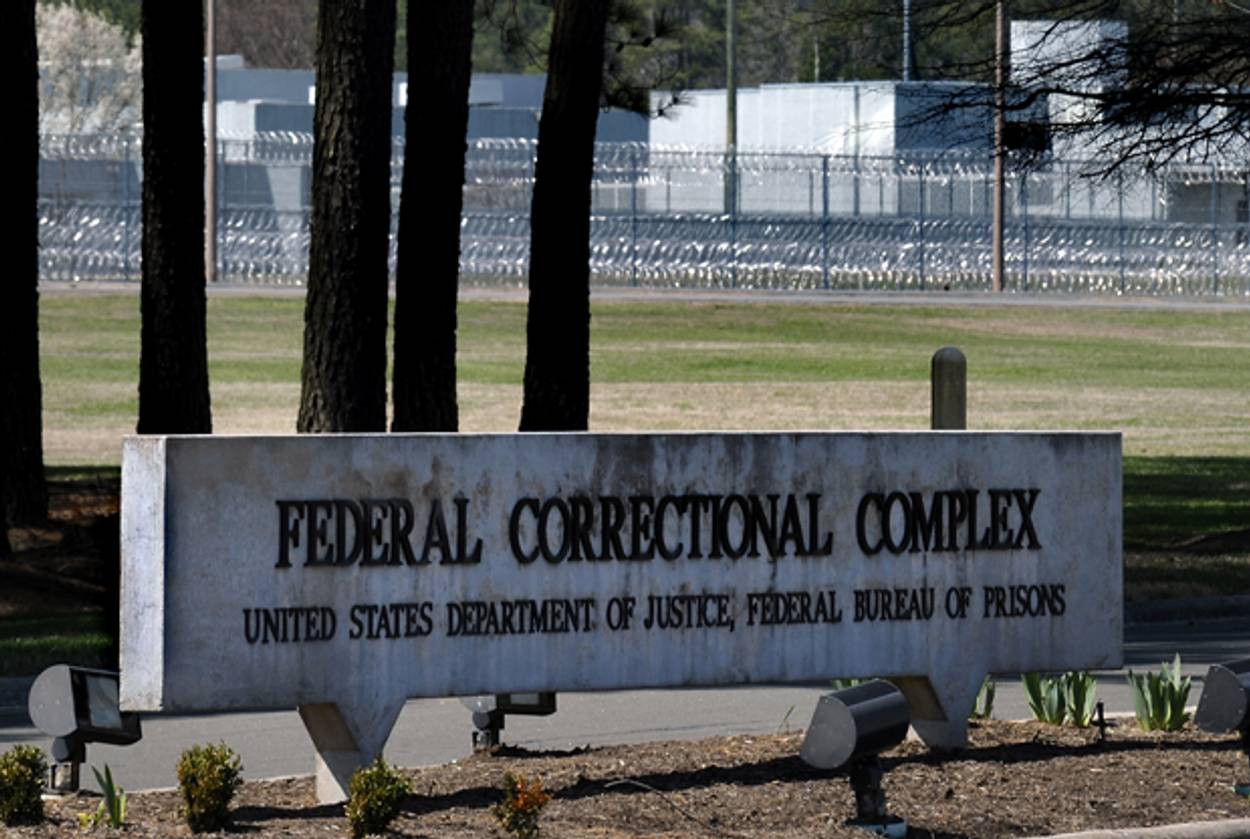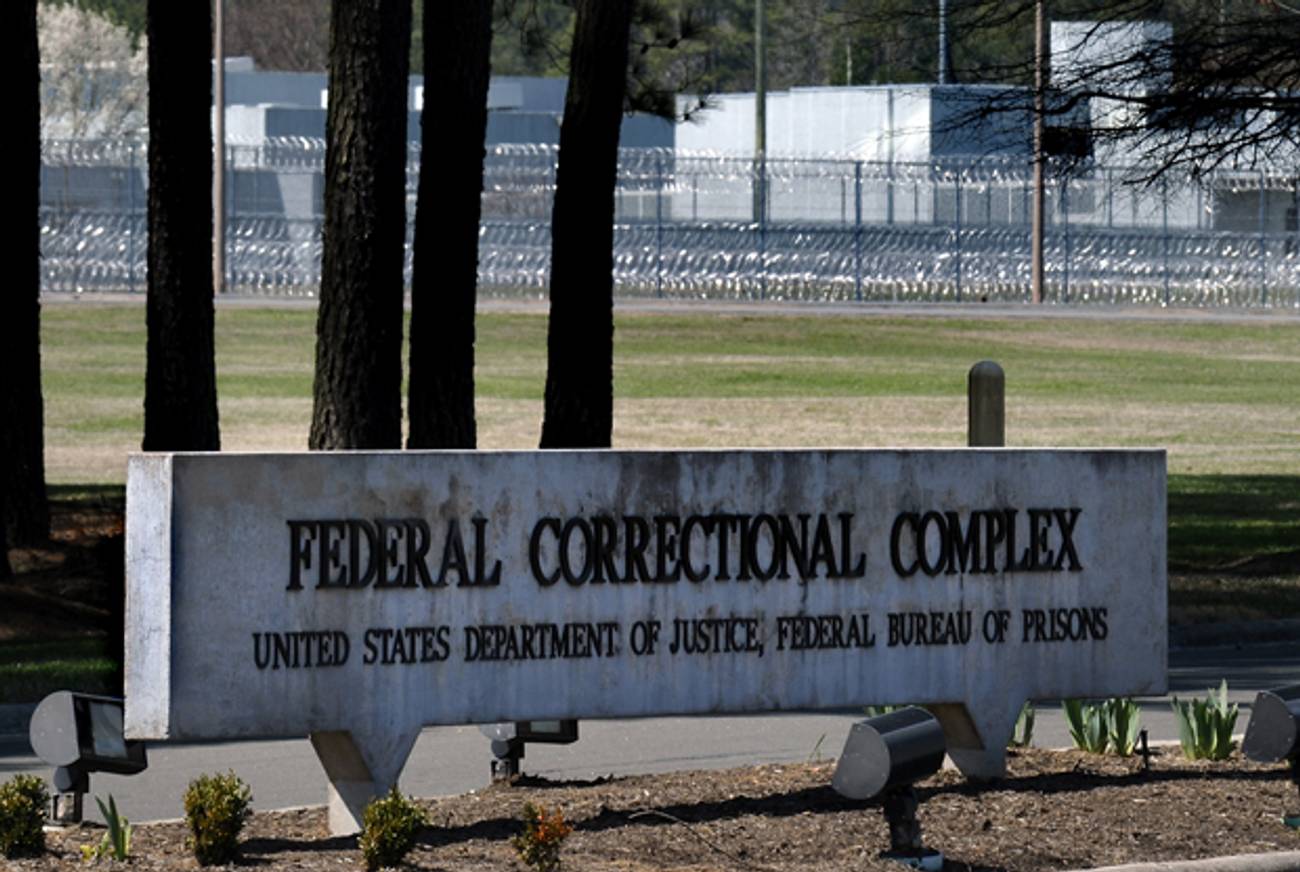Pollard’s Potential Release Divides U.S. Jews
Objections to the convicted spy being a bargaining chip in flagging peace talks




Jonathan Pollard’s release, which is reportedly newly on the table as a way to revive the flagging Israeli-Palestinian peace negotiations, has sharply divided American Jews. Pollard, the former naval intelligence analyst convicted of spying for Israel, has been in prison in the United States for nearly three decades, and his case has long been a controversial case among both Jews and the wider international community.
Indeed, when Tablet called for Pollard’s release in an editorial in January, it was not as a peace process hail mary. He remains the only person in American history to receive a life sentence for the crime of spying in a case involving a friendly country, and the only person convicted of such a crime to be sentenced to more than 10 years in prison.
This new development, which comes on the heels of a standoff in negotiations over the release of additional Palestinian prisoners, adds another thorny layer to an already complex situation. And for American Jews, the possibility raises a host of troublesome questions—according to the New York Times, many Jews are “deeply divided over whether he should be used as a chit in a diplomatic transaction with Israel.”
Critics of this new diplomatic strategy, many of whom support Pollard’s release in a more general sense, object to the timing of the development and the dismal state of the peace talks, and balk at the concessions that will be made for Pollard’s release—namely, the release of hundreds of Palestinian prisoners.
For some Jewish leaders, however, the prospect that Mr. Pollard’s release would be part of a Middle East peace deal reflects the desperation of Secretary of State John Kerry to keep the peace talks alive. It also muddies the moral issue, since, in exchange, Israel would agree to release 400 prisoners, including Israeli Arabs, some of whom are guilty of killing Jews.
“If everything the secretary of state has achieved hangs on the thread of exchanging Jonathan Pollard for Palestinian murderers of women and children, then there wasn’t much there to begin with,” said Abraham H. Foxman, the national director of the Anti-Defamation League.
Pollard’s release is said to be potentially happening as early as Passover, which begins the evening of April 14. At the very least, it will make for some pretty lively seder table discussion.
Previous: Jonathan Pollard’s Release Reportedly Discussed
Related: Time To Put the Pollard Case to Rest—by Demanding He Be Set Free
Stephanie Butnick is chief strategy officer of Tablet Magazine, co-founder of Tablet Studios, and a host of the Unorthodox podcast.